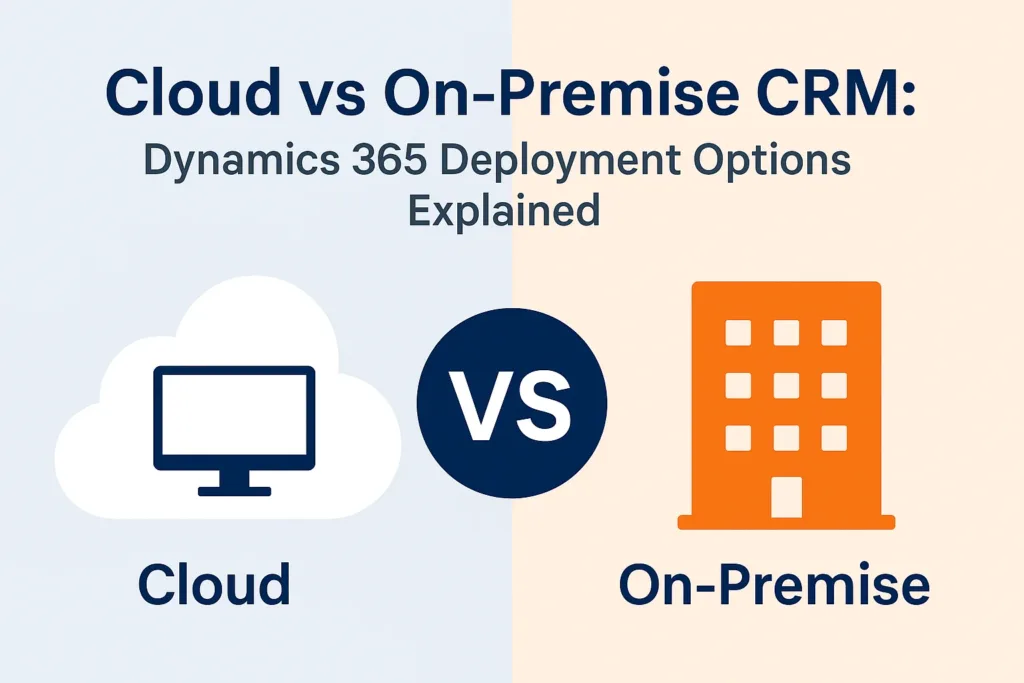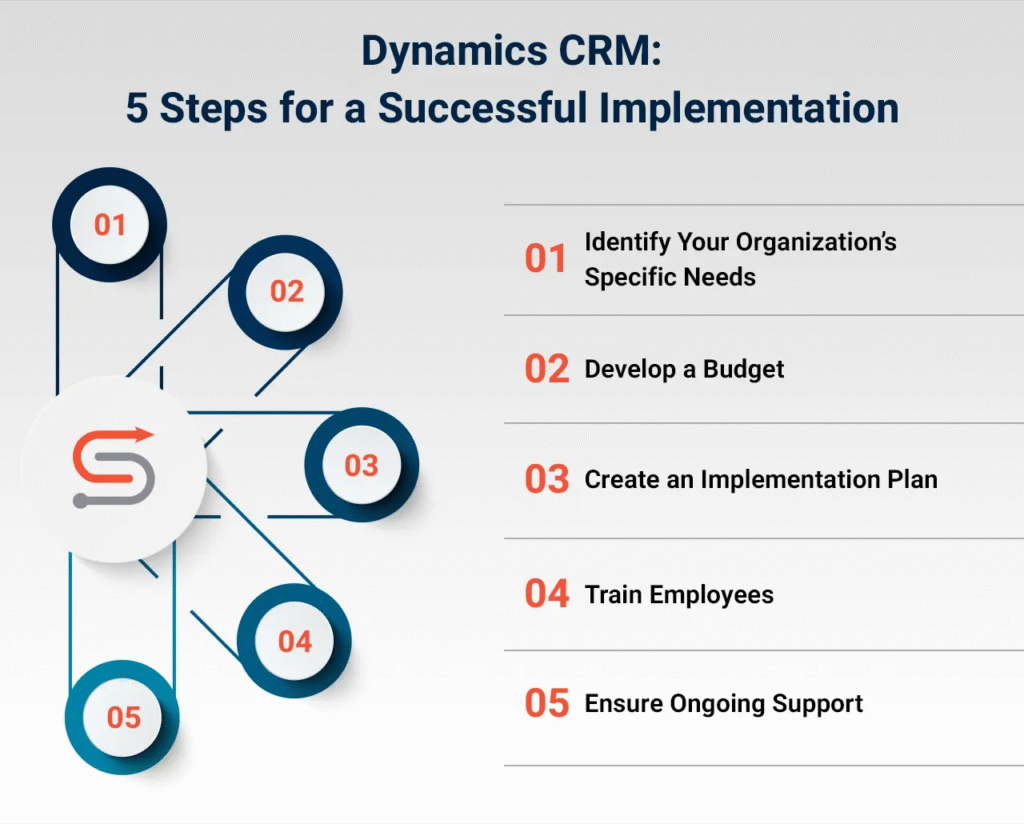When it comes to building scalable and maintainable solutions in Microsoft Power Platform, portability is key. You want to move solutions from development to testing to production without breaking connections, misplacing references, or hardcoding URLs.
That’s where environment variables come into play.
In this blog, we’ll break down what environment variables are, how to use them effectively, and why they’re essential for boosting solution portability in Power Platform. Plus, we’ll show how SkySoft Connections helps teams implement smarter, modular solutions with best practices in PowerApps, Power Automate, and beyond.
What Are Environment Variables in Power Platform?
Environment variables are predefined values you can store and use across multiple components within a solution—without hardcoding them into each component.
Think of them as reusable configuration settings like:
- API endpoints
- Connection strings
- Email addresses
- Folder paths
- SharePoint site URLs
- Custom app values
Rather than inserting these directly into a flow, app, or component, you reference the environment variable instead. This decouples configuration from logic, making your solutions cleaner and easier to manage across environments.
Why Solution Portability Matters
Power Platform is designed for agile development and DevOps workflows. But without portable solutions, every time you move a solution from dev to test or to production, you risk:
- Breaking data connections
- Misfiring flows due to hardcoded values
- Manual reconfiguration
- Increased deployment time
With environment variables, you create flexible, portable, and environment-specific values—streamlining your deployment pipeline.
How to Use Environment Variables for Solution Portability

Step 1: Define Your Environment Variables
Start by identifying which values in your solution change between environments. For example:
| Configuration Item | Example Value (Dev) | Example Value (Prod) |
|---|---|---|
| SharePoint URL | dev.sharepoint.com/sites/hr |
prod.sharepoint.com/sites/hr |
| API Base URL | https://dev-api.company.com |
https://api.company.com |
| Email Recipient | qa@company.com |
support@company.com |
Step 2: Add Environment Variables to Your Solution
In Power Apps or Power Automate:
- Go to your Solution
- Click New > More > Environment Variable
- Add a name, data type, and default value
- Optionally, set a current value that is environment-specific
Now, instead of using static values, reference the variable throughout your flows or app logic.
Step 3: Reference Variables in Apps and Flows
In Power Automate, you can use the “Environment Variable” dynamic content item in inputs like HTTP actions, email templates, or connectors.
In Power Apps, use the EnvironmentVariableValue() function to call the variable and apply it in controls, formulas, or app logic.
Step 4: Export and Import with Confidence
When exporting your solution as managed or unmanaged, the environment variables travel with it. On import, the receiving environment can set the values without touching your logic.
This means:
- No editing flows post-import
- No adjusting app settings
- Faster QA/testing cycles
- Reduced risk of errors
Real-World Use Case: How SkySoft Connections Leverages Environment Variables
At SkySoft Connections, we develop and deploy tailored Power Platform solutions for clients in industries like oil & gas, healthcare, and finance. Environment variables play a key role in:
- Creating multi-tenant PowerApps
- Building parameterized flows
- Enabling configurable integrations with Dynamics 365 and third-party APIs
- Supporting CI/CD pipelines for enterprise clients
We’ve implemented solutions that move effortlessly across development, QA, UAT, and production—cutting deployment times by over 40%.

Best Practices for Using Environment Variables
Keep Names Clear and Consistent
Use a naming pattern like env_API_URL or env_SupportEmail for easier identification.
Document Variables in the Solution
Include a README or description in your solution so other developers know what each variable is for.
Use Default + Current Value Wisely
Default values are used when no current value exists. In production, always ensure the current value is correctly set.
Secure Sensitive Values
Avoid storing secrets or credentials. Use Azure Key Vault or other secure sources for such values and reference them through connectors.
Conclusion
If you want portable, scalable, and maintainable Power Platform solutions, environment variables are a must. They let you avoid messy hardcoding and reduce manual configuration—especially in enterprise environments with multiple deployment stages.
At SkySoft Connections, we help organizations implement best-in-class Power Platform solutions, incorporating environment variables, ALM pipelines, and modular design strategies to streamline deployment and maximize performance.
Need Help Making Your Power Platform Solutions Portable?
Whether you’re new to Power Platform or want to optimize your existing apps and workflows, our team at SkySoft Connections can help. From PowerApps development to automated flows and CI/CD, we’ve got you covered.
👉 Get in touch to learn how we can support your digital transformation journey.
Read more : 10 tips to boost user adoption in dynamics 365 crm
FAQ’s
Environment variables are reusable values (like URLs, email addresses, or keys) that can be referenced across apps and flows to avoid hardcoding.
They let you move solutions between environments (Dev, Test, Prod) without reconfiguring values manually, making deployments faster and error-free.
Yes, SkySoft Connections specializes in Power Platform solutions, including ALM, CI/CD, and environment variable best practices for enterprise-ready apps.
 is a software solution company that was established in 2016. Our quality services begin with experience and end with dedication. Our directors have more than 15 years of IT experience to handle various projects successfully. Our dedicated teams are available to help our clients streamline their business processes, enhance their customer support, automate their day-to-day tasks, and provide software solutions tailored to their specific needs. We are experts in Dynamics 365 and Power Platform services, whether you need Dynamics 365 implementation, customization, integration, data migration, training, or ongoing support.
is a software solution company that was established in 2016. Our quality services begin with experience and end with dedication. Our directors have more than 15 years of IT experience to handle various projects successfully. Our dedicated teams are available to help our clients streamline their business processes, enhance their customer support, automate their day-to-day tasks, and provide software solutions tailored to their specific needs. We are experts in Dynamics 365 and Power Platform services, whether you need Dynamics 365 implementation, customization, integration, data migration, training, or ongoing support.


